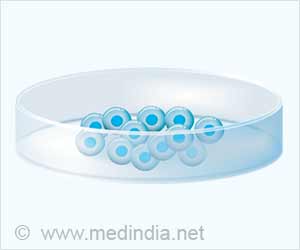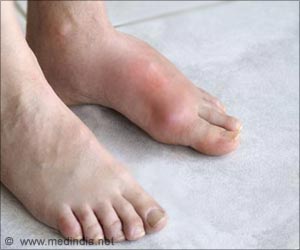Chronic or non-healing skin wounds present an ongoing challenge in advanced wound care and the current wound healing technologies remain insufficient.
Furthermore, MSCs were determined to play an innate role in the wound healing process making them an obvious candidate for treatment of chronic wounds. When introduced into the wound bed, MSCs have been shown to promote fibroblast migration, stimulate extracellular matrix (ECM) deposition, facilitate wound closure, initiate re-epithelialization, enhance angiogenesis, and mitigate inflammation in preclinical animal models.
However, while MSCs appear to be a promising resource for chronic wound care, more research is required to determine the optimal cell source and route of delivery before this technology can be applied in clinical medicine.
Source: Eurekalert



